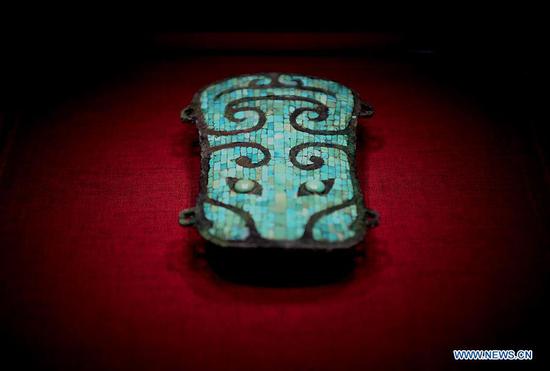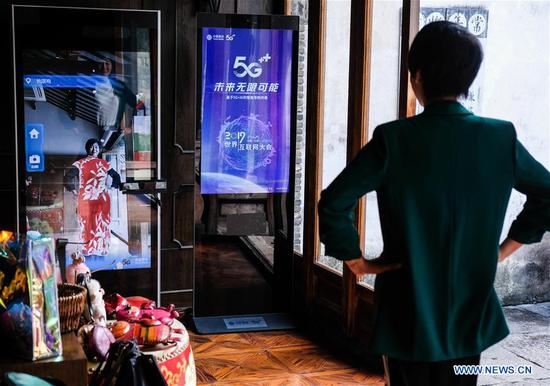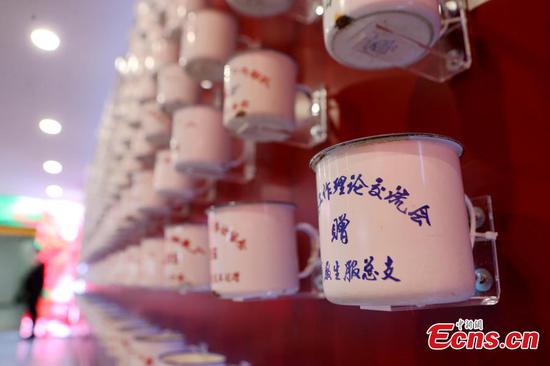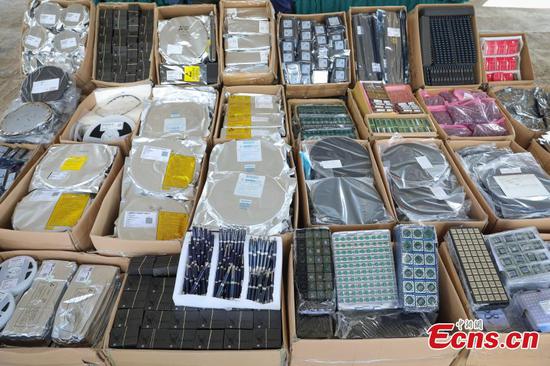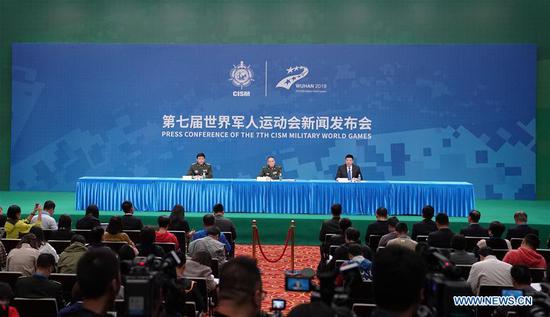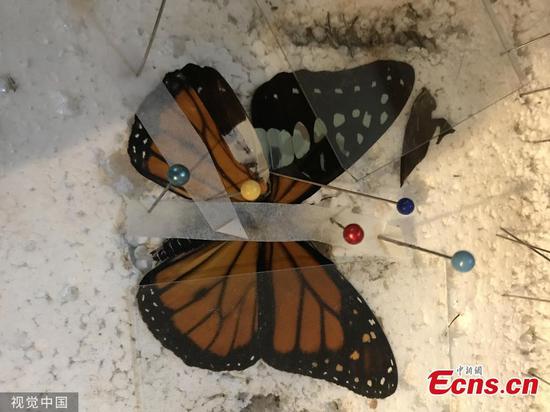For 61-year-old Gong Guangrong in southwest China's Chongqing Municipality, losing his only son seven years ago was heart-breaking, but he has found a way to turn his sadness into a good cause.
In 2012, his 27-year-old son Gong Youzhi was diagnosed with leukemia. It wasn't until then that Gong and his 62-year-old wife Li Hongyu learned about the option to donate one's organs.
Gong and Li spent their life savings on their son's medical expenses but things were not getting better. One day, Gong Youzhi told his father that he wanted to donate his organs to those in need.
"My son told me that donating one's organs could save other people's lives, which was also a way to realize one's value and contribute to society," Gong said.
Although initially stunned, Gong and Li were persuaded by their son. One month later, Gong Youzhi passed away and realized his wish of donating his organs and helped two people regain their sight.
Gong and his wife found that many people did not know about the option to donate one's organs and some even misunderstood it.
"Why can't we encourage others to become an organ donor by sharing our own story?" They decided to become volunteers explaining organ donation and encourage more to become an organ donor.
In China, people can sign up for organ donation at the China Organ Donation Administrative Center and China Organ Transplantation Development Foundation. Starting from December 2016, people can even sign up for organ donation on China's leading digital payment platform Alipay.
They first took the lead by signing organ donation agreements themselves. Then, they took with pamphlets and educational materials to help inform the public on busy streets.
At first, people around them thought that they had not dealt with the pain of losing their son and considered their behavior abnormal. Some even thought they were doing this for money.
Despite this, Gong was always patient with those he spoke with. Li went to knock on their neighbors' doors one by one and introduced the purpose and procedures of organ donation.
Lai Wenjie, one of Gong's neighbors, was among those who did not understand Gong's behavior. He even argued with Gong about the morality of organ donation.
"But one day, experts from the Red Cross Society came to our community to spread organ donation knowledge, and we came to realize that Gong did everything voluntarily," Lai said. "I was deeply moved by his persistent voluntary work and signed up to be an organ donor."
Gong and Li also called on their relatives, friends and former colleagues. So far, with Gong and Li's efforts, 116 people have signed an organ donation agreement, of which three have donated their organs after they passed away.
In recent years, thanks to the spread of knowledge on organ and body donation, more people in China have started to accept the idea of body and organ donation.
According to the China Organ Donation Administrative Center, China's body donation rate rose from 0.03 to 4.53 donors per million in the past decade, with the number of registered body and organ donors exceeding 1.16 million by the end of March this year.
"We hope to improve people's understanding of the significance of body and organ donation, and win more support for the cause from the society," said Liang Huiling, Party chief of the Red Cross Society of China.













